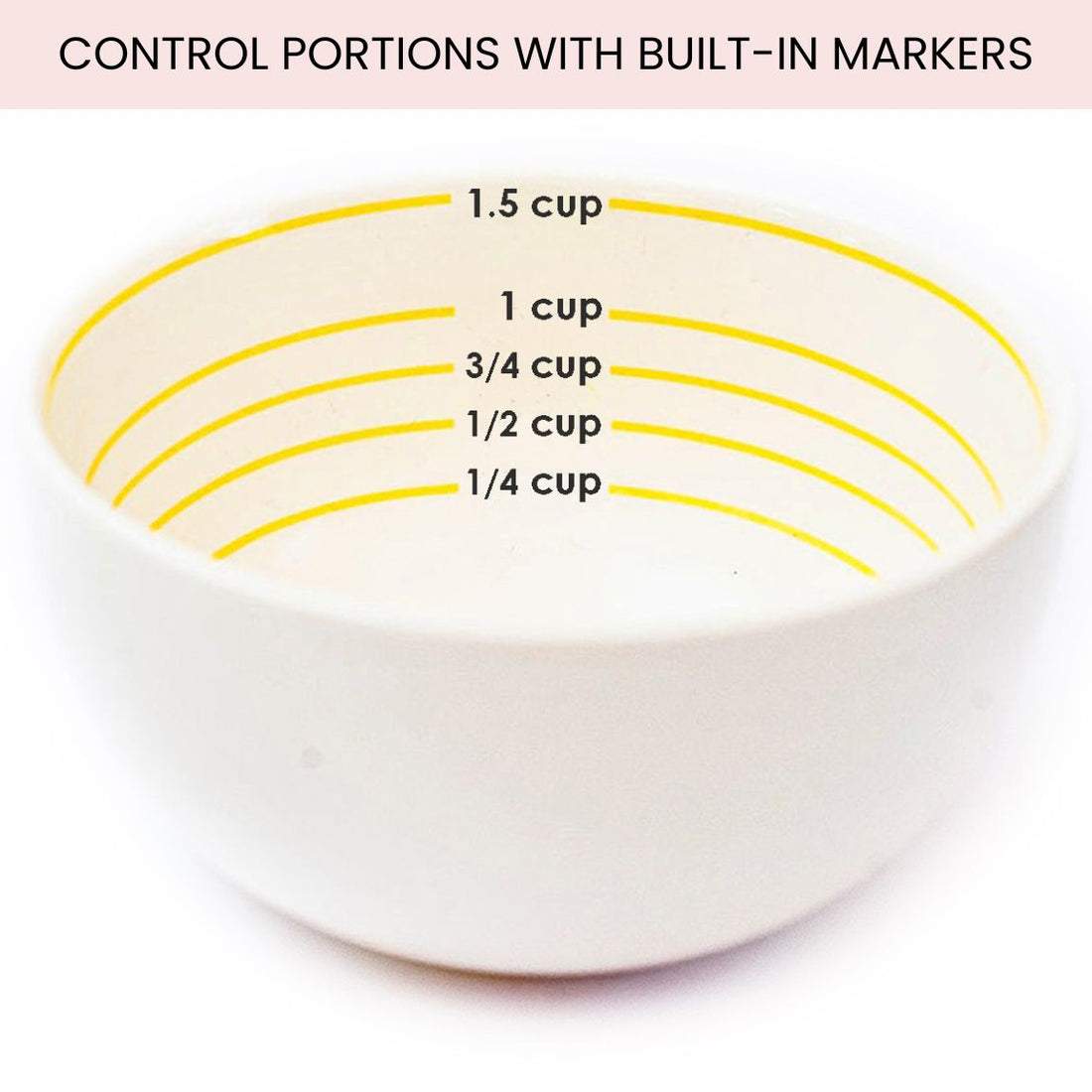Bariatric surgery is a life-changing procedure that helps individuals struggling with obesity achieve significant weight loss. But the big question many have is: how much weight can you actually lose? While the amount of weight loss varies from person to person, bariatric surgery can lead to losing a significant percentage of excess weight. Various factors come into play, such as the type of surgery, lifestyle changes, and commitment to a healthy post-op routine.
In this article, we’ll break down the potential weight loss after bariatric surgery by focusing on key phases of recovery and long-term weight management. We’ll also touch on important factors like exercise, health benefits, and potential side effects.
Factors That Influence Weight Loss After Bariatric Surgery
How much weight can you lose with bariatric surgery? This answer depends on multiple variables, such as the type of surgery, individual health conditions, and post-op habits. However, the key determinants of your success include:
- Type of Bariatric Surgery: The procedure you choose has a major impact on how much weight you’ll lose.
- Initial Body Mass Index (BMI): People with a higher BMI often lose more weight in total, though the percentage of body weight lost may be similar across patients.
- Post-op Diet: Following a nutrition plan prescribed by your healthcare provider is critical for maintaining a healthy weight loss rate.
- Exercise and Physical Activity: While diet is a major factor, incorporating exercise helps to enhance your weight loss and improve muscle mass.
- Commitment to Long-term Changes: Bariatric surgery is not a quick fix. Commitment to permanent lifestyle changes, including portion control and hydration, is key to sustained weight loss.
Types of Bariatric Surgery and Expected Weight Loss
Different types of bariatric surgeries result in different weight loss outcomes and varies by individual. Here's a breakdown of some common surgeries and their average weight loss.
- Gastric Bypass: Patients can lose up to 70% of their excess body weight within 18-24 months.
- Gastric Sleeve: With this procedure, individuals typically lose about 60% of their excess body weight in the first year.
- Adjustable Gastric Band: Weight loss is generally slower with this procedure, resulting in 40-50% of excess weight loss over a few years.
- Biliopancreatic Diversion: This complex procedure can lead to up to 80% of excess weight loss, but it carries more risks and requires a greater commitment to nutritional monitoring.
It’s important to note that individual results will vary, and bariatric surgery is just the first step. The success of your surgery largely depends on adopting new habits that align with your weight loss goals. Please consult with your healthcare provider to get an accurate assessment of what will be the right procedure for your situation and to understand how much weight you can lose.
Post-op Diet and Weight Loss Phases
After bariatric surgery, adhering to a post-op diet is crucial for safe and effective weight loss. Here’s a breakdown of the typical post-op phases and their role in your weight loss journey. Consult with your healthcare provider to get a customized phase wise plan that is right for you.
- Phase 1 — Clear Liquids (Days 1-2): This phase is all about hydration and giving your body time to recover. You’ll focus on drinking clear, sugar-free liquids to avoid dehydration.
- Phase 2 — Full Liquids (Weeks 1-2): You’ll gradually reintroduce nutrients with full liquids like protein shakes and broths, focusing on meeting your daily protein goals.
- Phase 3 — Pureed Foods (Weeks 3-4): This phase transitions you to more texture but ensures all food is pureed for easy digestion. Your weight loss will start to stabilize here as your calorie intake increases slightly.
- Phase 4 — Soft Foods (Weeks 5-8): Gradually reintroducing soft, solid foods like scrambled eggs and soft fruits will continue to fuel your weight loss while giving your body essential nutrients.
- Phase 5 — Regular Foods (After 8 Weeks): After two months, you can reintroduce more regular foods, but portion control and protein intake will remain essential to sustaining your weight loss.
The post-op diet not only supports weight loss but also ensures you’re getting the necessary nutrients while protecting your healing digestive system.
Exercise and Physical Activity: Boosting Weight Loss
Incorporating exercise into your daily routine is crucial for accelerating weight loss after bariatric surgery. Here’s why:
- Boosts Metabolism: Exercise increases your metabolism, helping you burn calories more efficiently and prevent weight plateaus.
- Maintains Muscle Mass: Physical activity ensures you maintain muscle mass, which is important for long-term weight management.
- Improves Overall Health: Regular exercise improves heart health, reduces the risk of obesity-related conditions, and increases energy levels.
After surgery, your healthcare provider will guide you on the best exercises to perform. Starting with light activities like walking is encouraged, with the goal of building up to more intense exercises as your body recovers. Remember that a combination of cardio and strength training is the best way to enhance your weight loss journey.
Health Benefits and Side Effects of Weight Loss After Bariatric Surgery
Bariatric surgery comes with a wide range of health benefits, but it’s essential to be aware of potential side effects and risks.
Health Benefits:
- Reduction in Obesity-related Diseases: Conditions like type 2 diabetes, hypertension, and sleep apnea can significantly improve or even resolve after significant weight loss.
- Improved Mobility: With less weight to carry, many individuals experience increased energy and mobility, making daily activities easier.
- Boost in Mental Health: The improvement in body image and reduction in physical limitations often contribute to better mental health and self-confidence.
Potential Side Effects:
- Nutritional Deficiencies: Weight loss surgeries, especially those like gastric bypass, can interfere with the absorption of key nutrients like iron, calcium, and vitamins.
- Dumping Syndrome: Some patients may experience nausea, vomiting, or diarrhea if they consume high-sugar or high-fat foods too quickly post-op.
- Loose Skin: Rapid weight loss often results in loose or sagging skin, which can require additional procedures if desired.
Conclusion: A Lifelong Journey of Health
How much weight can you lose with bariatric surgery? The answer is significant, but the journey doesn’t end after surgery. It’s the start of a lifelong commitment to better nutrition, portion control, and regular exercise. With proper planning and dedication, most patients can achieve and maintain a healthy weight, along with a boost in overall health and well-being.
Always consult with your healthcare provider to tailor your weight loss strategy, ensuring you stay on track with your post-op goals while managing any potential side effects.









